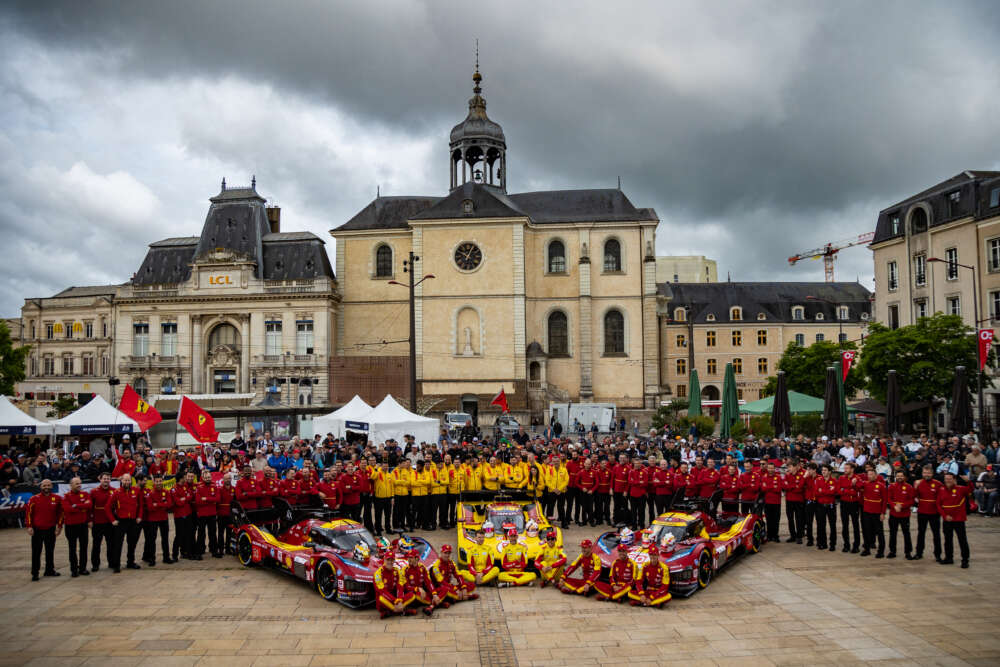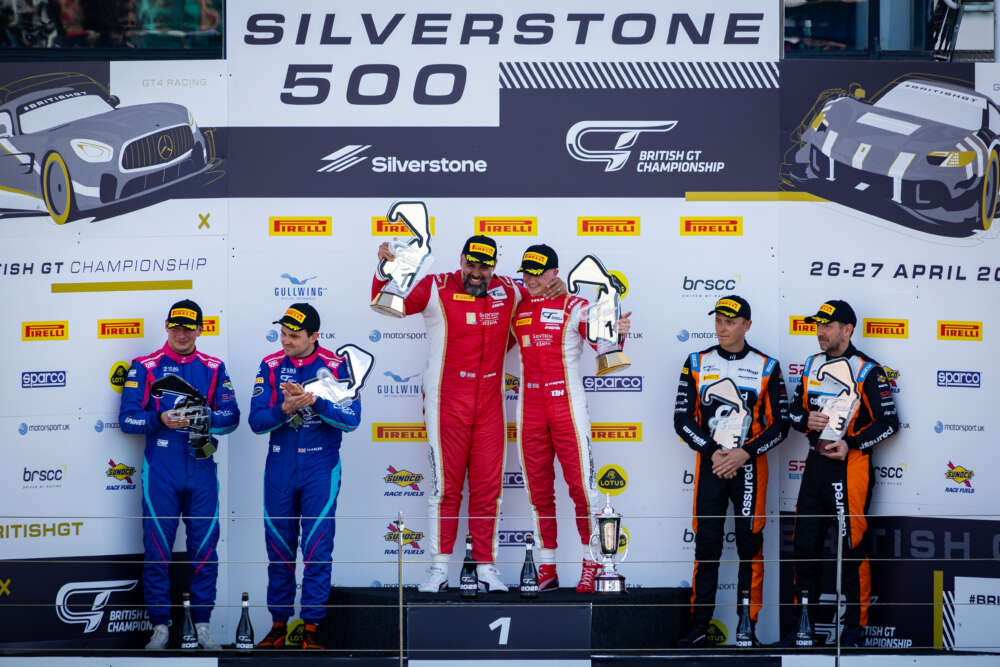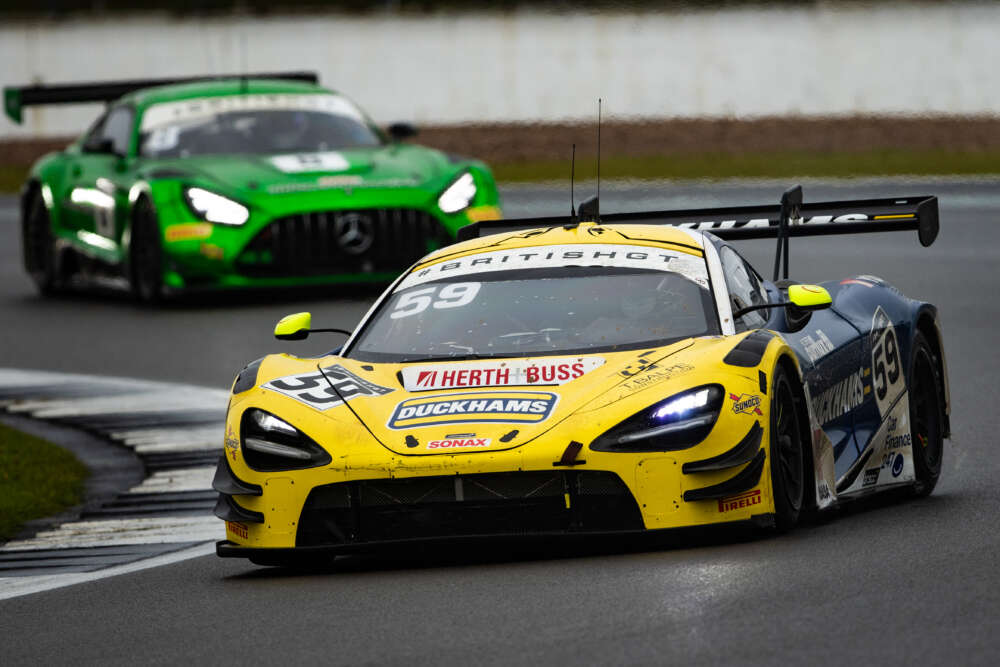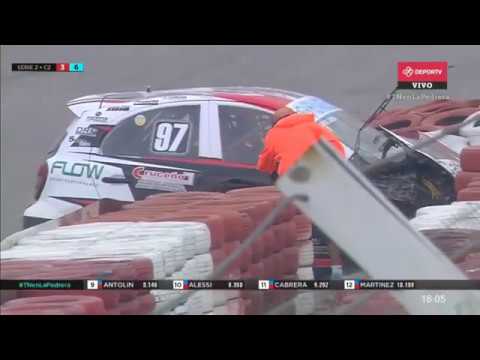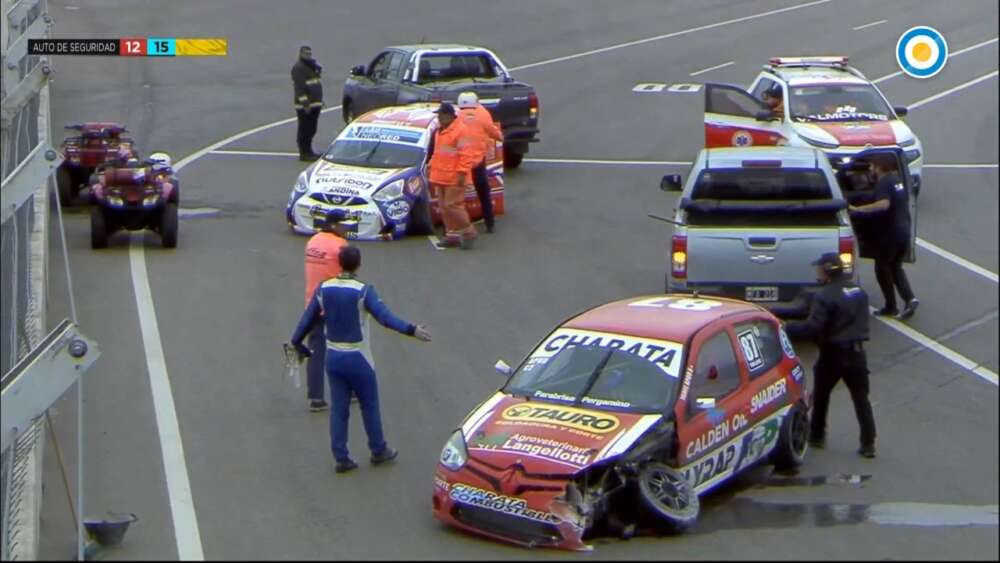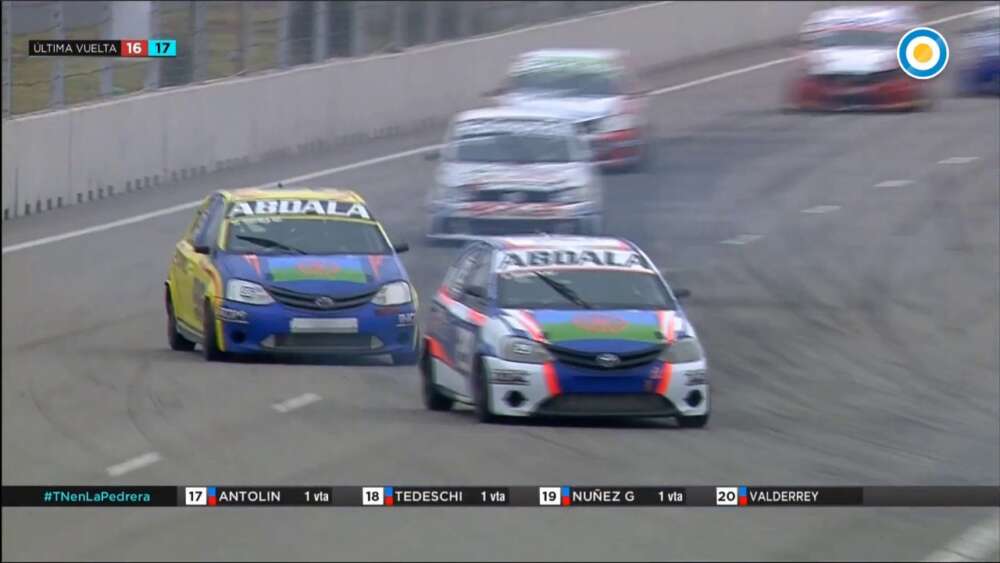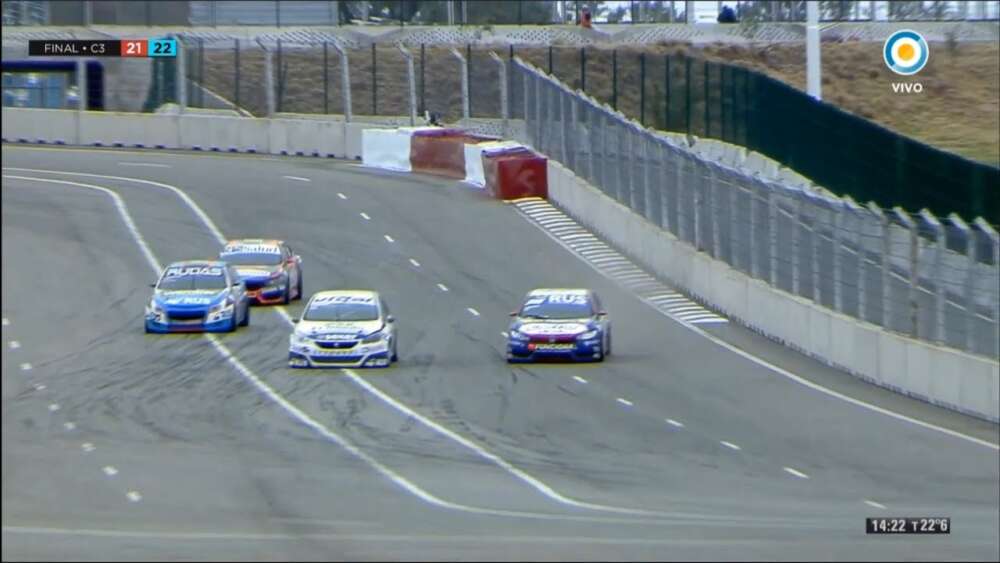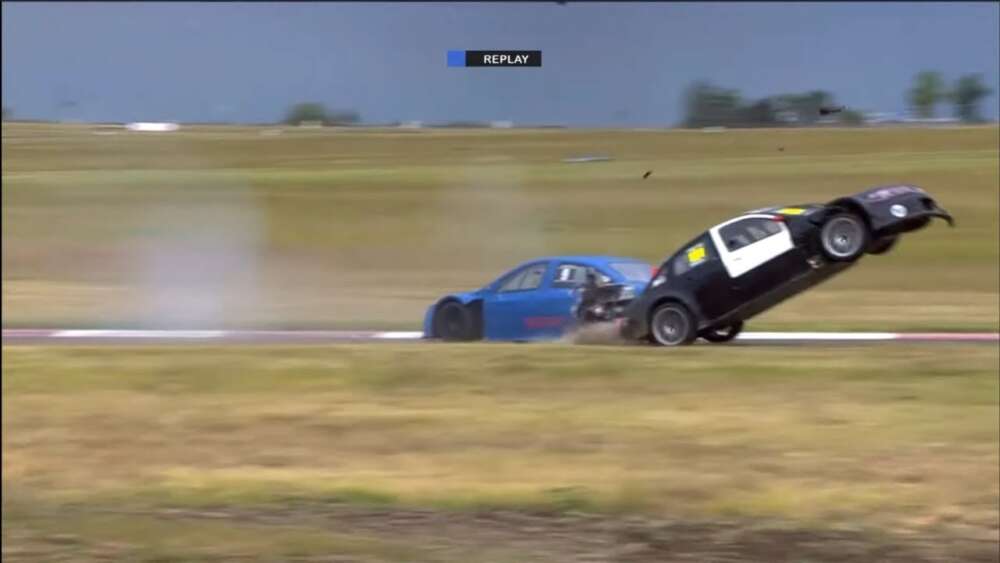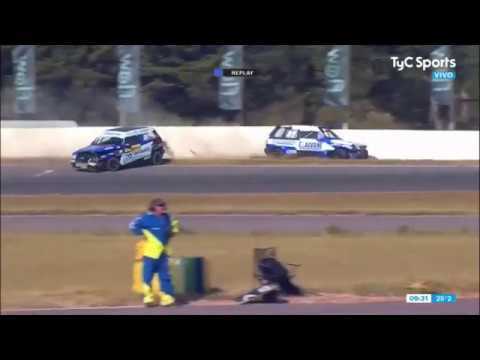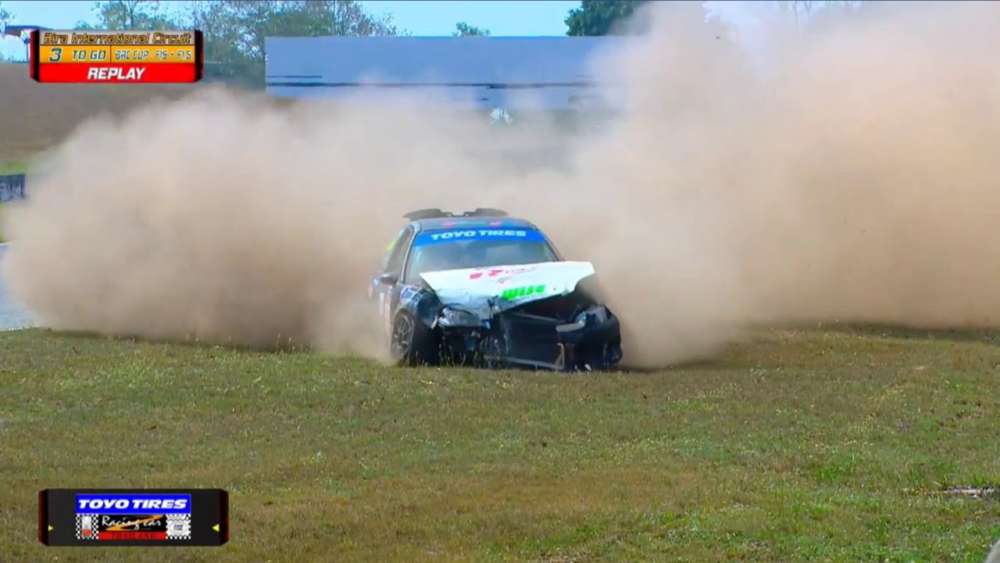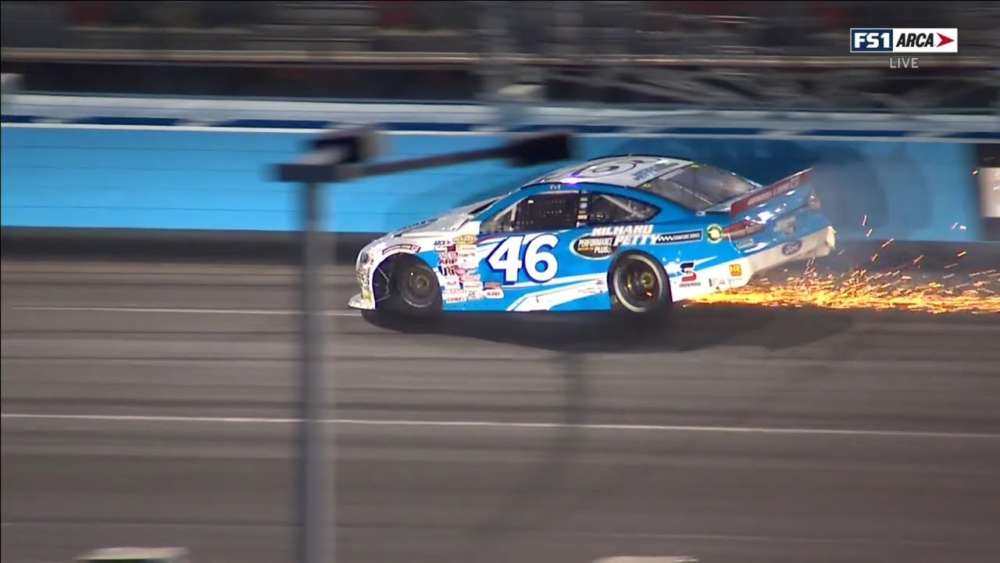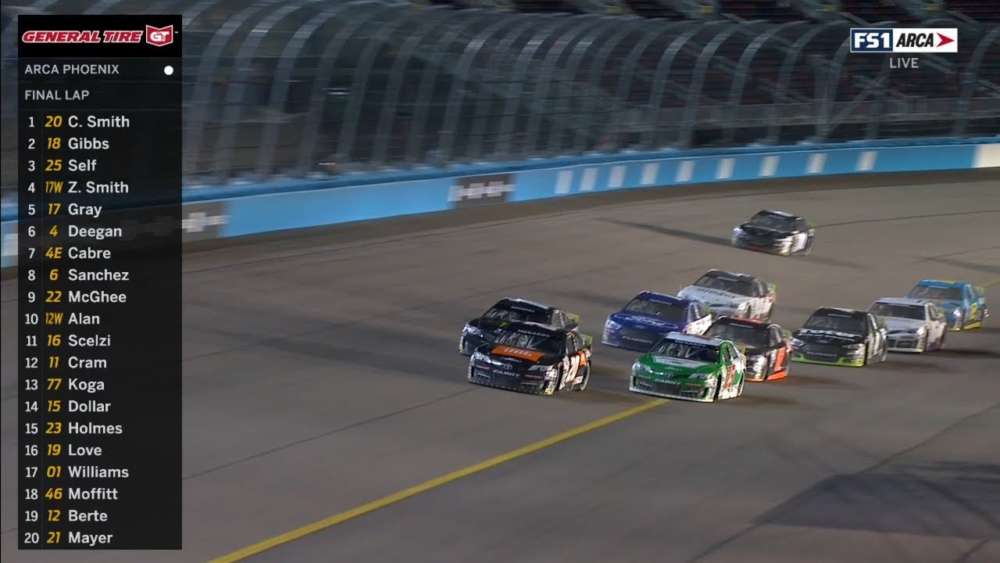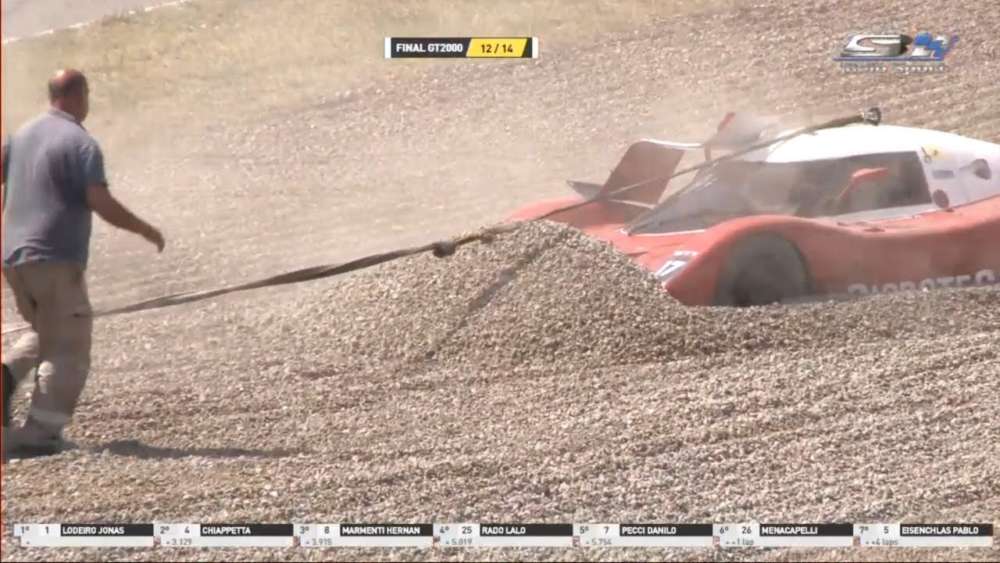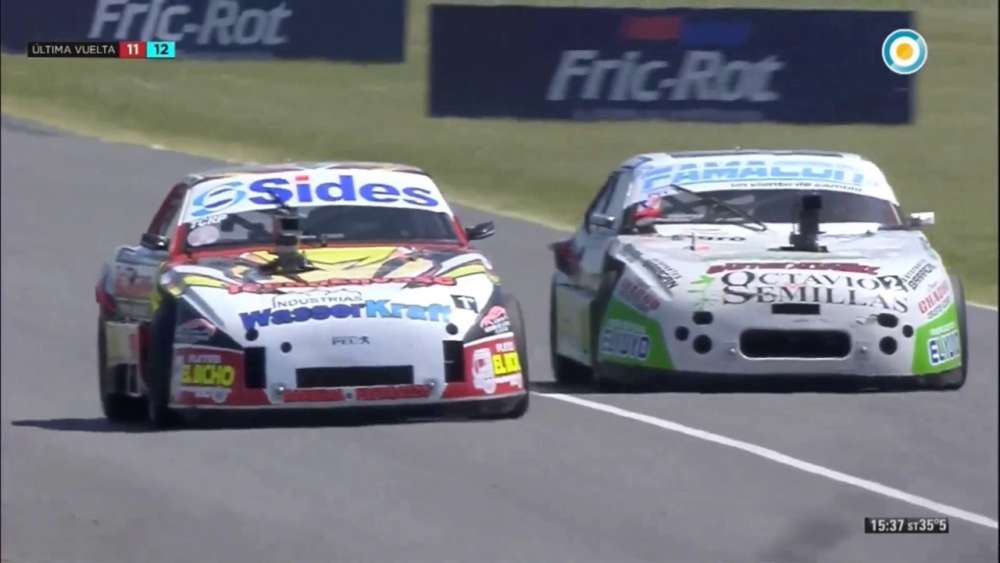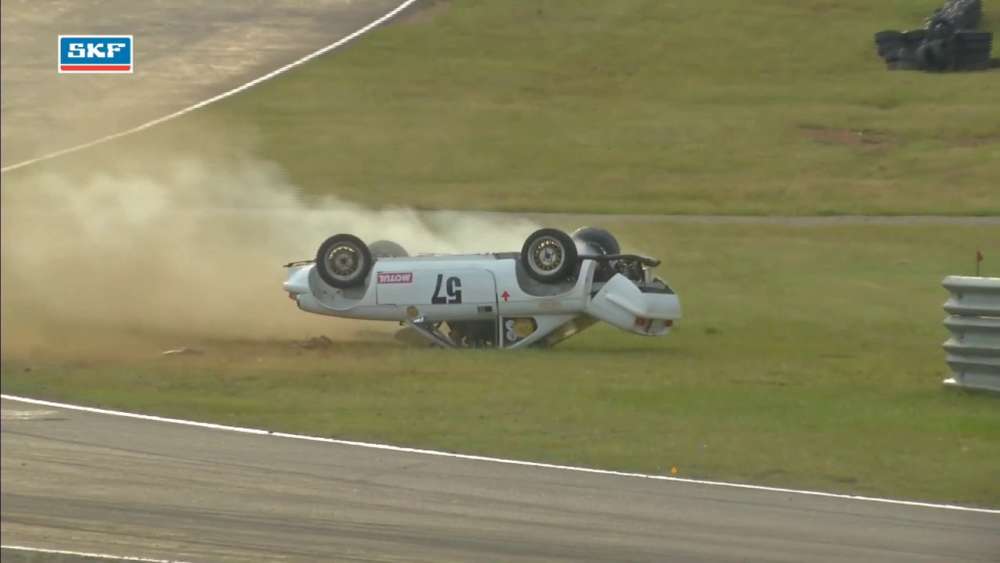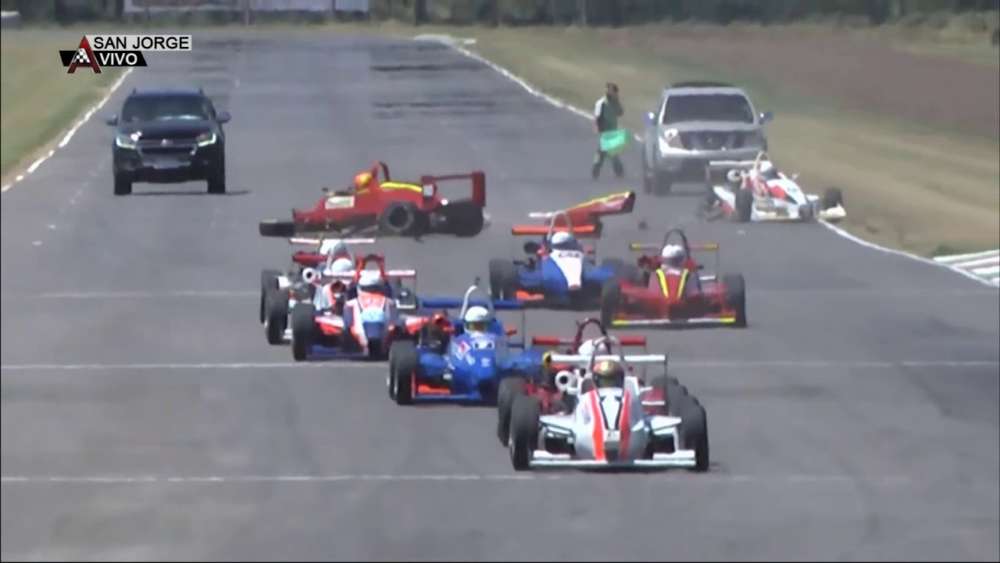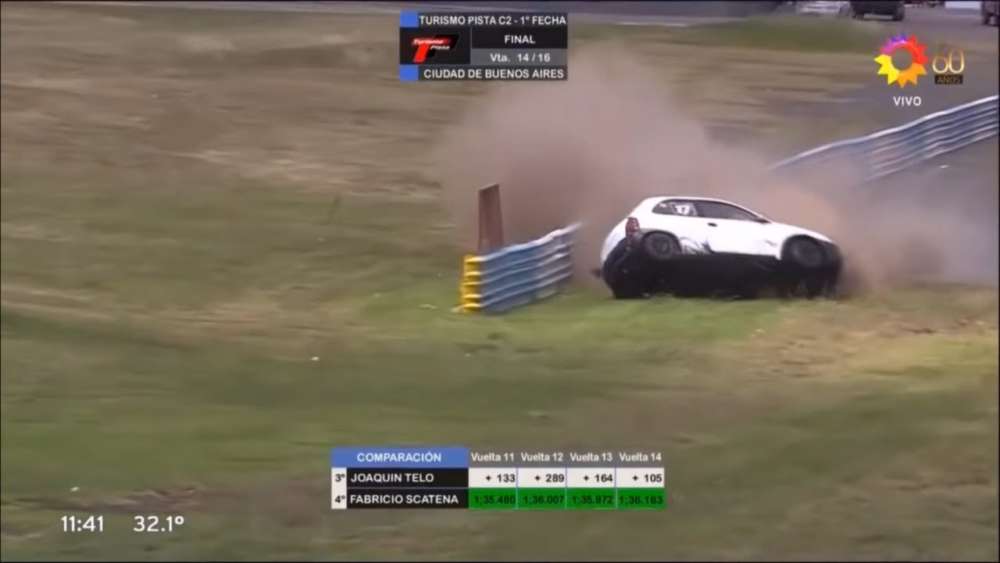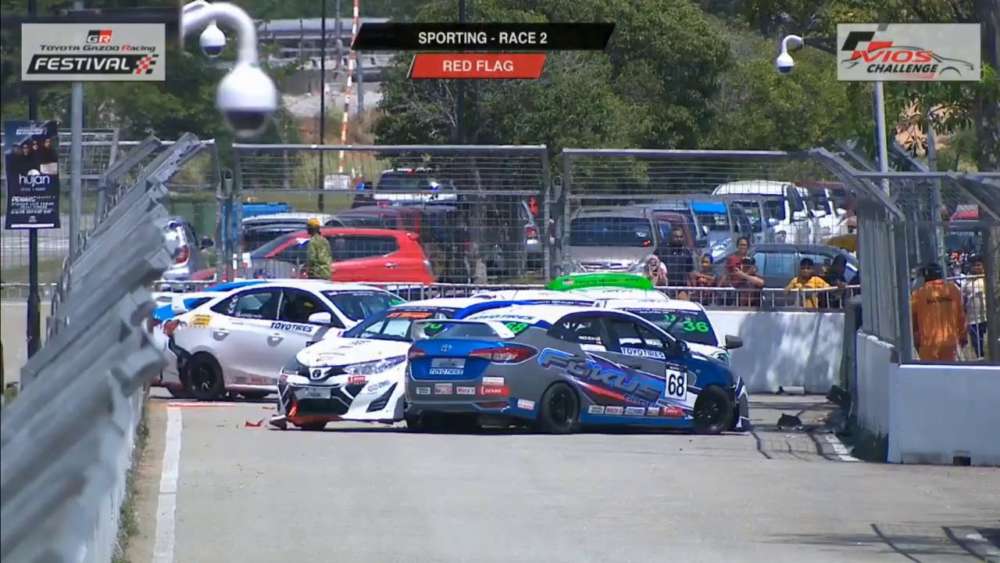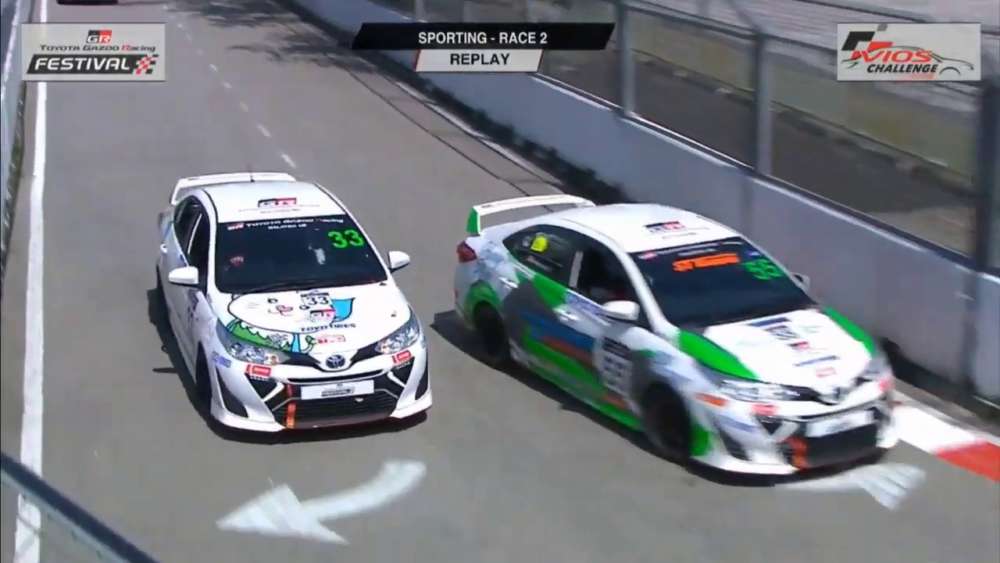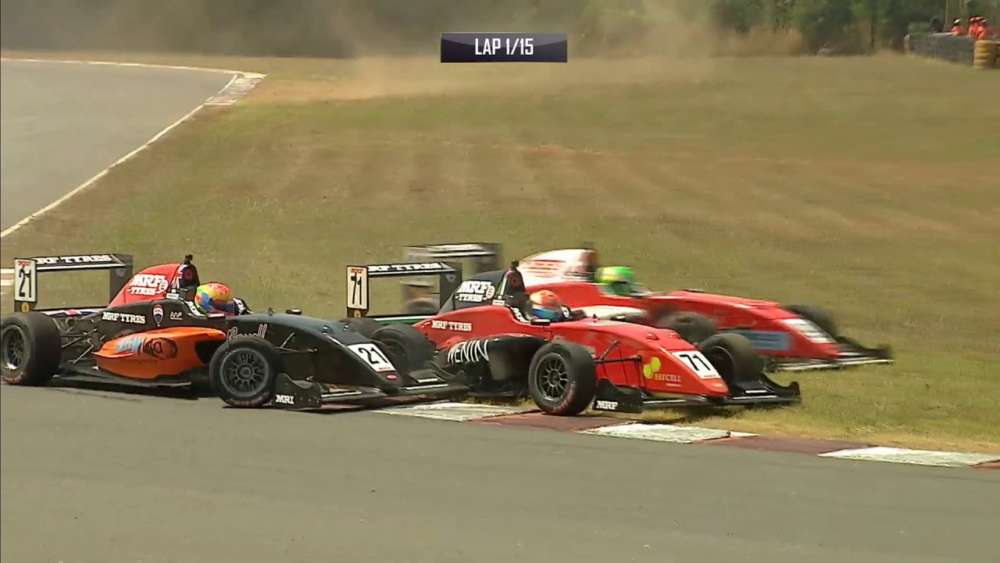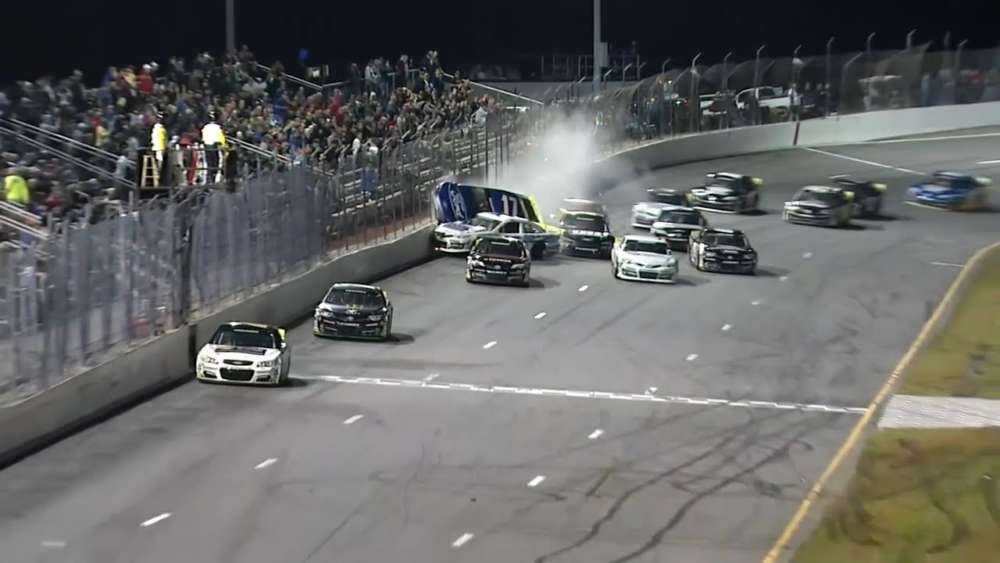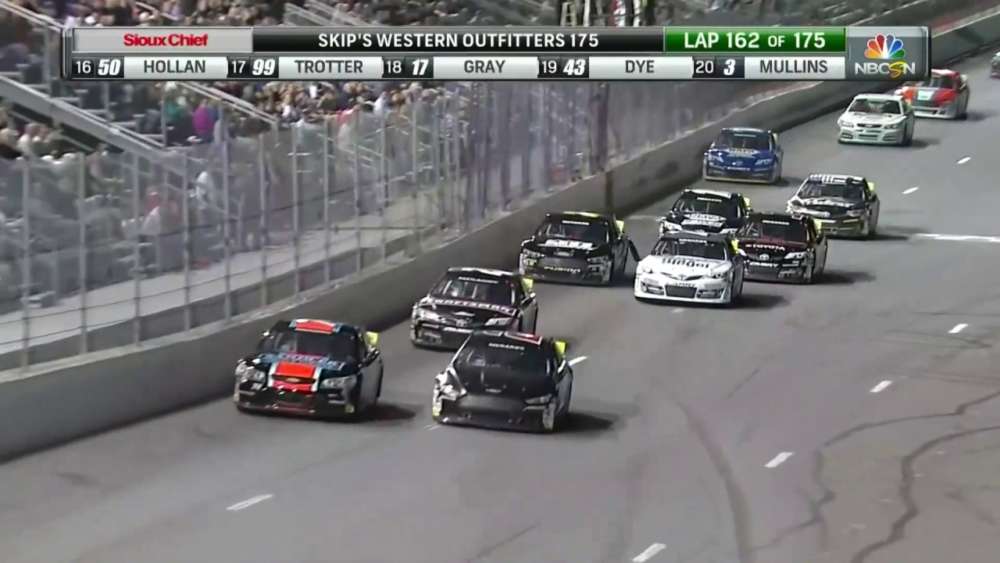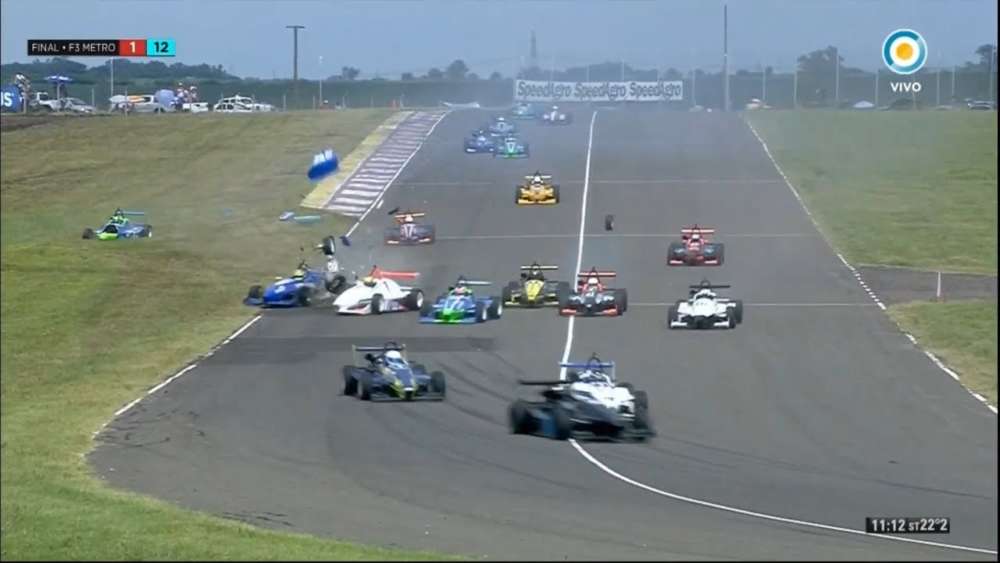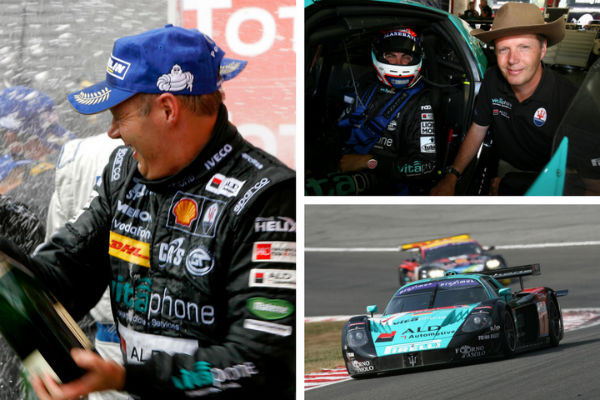
With five victories (1987, 1998, 2005, 2006 and 2008) Eric van de Poele is the most successful driver in Total 24 Hours of Spa history. With the 70th edition of the Belgian endurance classic just around the corner, the time is right to look back at the highlights from the 25 starts the 56-year-old has under his belt.
- What is the first thing you think of when you hear the name ‘Total 24 Hours of Spa’?
“The very first edition that I went to with my dad. That must have been in 1972. I was ten and my dad was a race steward at the time. With wide-open eyes I stared at the duel between the Ford Capris and the BMWs. That is the very first image that I remember. At that time I already knew that I wanted to become an F1 driver. I was full of admiration for the guys driving these wonderful machines. At first I stayed with my dad, but then I started to walk around in the paddock and into the pit boxes. Obviously I was thrown out immediately!”
- After your single-seater and touring car careers, you became an endurance racing specialist. The events you participated in most were the Le Mans and Spa 24 Hours. What is the biggest difference between the two?
“Physically speaking, Spa is a lot tougher. Because of the layout of the track, the rhythm of the race and the circumstances are seldom easy. You never get the time to cool down at Spa, and you can take that quite literally. Le Mans is a bit more difficult mentally, especially when driving a prototype. The long straights create plenty of changes in the rhythm, and you pass 300 km/h five times as well. Both races are cause for very strong emotions though.”
- What is your best memory of the Total 24 Hours of Spa?
“I have several! As I have mentioned before, there are always strong emotions involved. That was the case for my first participation in 1985, and certainly for my first win in 1987. That weekend I was also participating in a DTM race (Van de Poele would also become DTM champion that year, ed.) and my flight from Wunstdorf to Liège landed only just in time to witness the end of the race. It was only when we arrived at Liège airport that we heard my car was leading – there were no cell phones at the time – and we tried to get back to the track as quickly as possible! When leaving the motorway we were stopped by the police. They stated that there had been a race and that the roads were now one-way, to allow the fans to leave. My claim that I had won the race – I was still in full racing gear – did not really impress them. We continued anyway, but in the village of Francorchamps we got stuck. I got out of the car, ran towards the track, helmet in han – I got plenty of weird looks, I can tell you. In the end, I was just in time… to miss the podium ceremony.
“The first of my three wins with the Maserati was special as well. Beforehand nobody thought the car could win. On top of that, I went to the funeral of one of my best friends the Thursday before the race. I don’t have to explain that I became very emotional when we won. But my absolute best memory came at the last of my five wins. When I stepped onto the podium, I saw my five kids standing before me. It was the first time that they could all attend the race together and I can guarantee you that any sportsperson will tell you that those are the moments you will always remember.”
- Now we know your best memories, but you have to tell us your worst as well…
“I think everybody knows those. In 1992 we were leading comfortably when our BMW had a driveshaft problem just before the start of the last stint. The car was repaired quickly, but I took the wheel in a bit of a panic, since we were trying to hold on to the lead. We knew that our last stint was going to be just a bit too long to make it to the end without a splash-and-dash. On top of that it was a very hot day, and in trying to get going as quickly as possible, the team had forgotten to give me my drink bottle. Worse still, we had lost radio contact a couple of hours earlier, which was probably the root cause of everything that followed. In the early stages of the final stint, everything was fine. I had about a minute on Steve Soper’s BMW, and even though I had to save fuel, I managed to hold on to that lead. But in the final stages of the race, the team thought that I was not going to make it, and through pitboard communication I was ordered not to pass the 7,500 rpm limit. It was no longer possible to set decent lap times – I was losing up to 10 seconds a lap – but because I was only informed of the situation when I passed in front of the box, those gaps on the pitboard were always a lap old. And I was not going to risk going faster, because the last thing I wanted to do was to anger the BMW people. They had made it very clear that both cars had to finish on the podium. For a while, I thought there could be team orders, but when I saw Steve Soper in my rear view mirrors, it was immediately clear to me that nobody had given him any. At the Bus Stop chicane, he hit the rear of my car and I had to take to the grass. I was not shocked, that was just the way we raced back then. But because he managed to exit the chicane quicker, Steve managed to overtake me into La Source hairpin, just before the start of the final lap. My team showed me the ‘Attack’ sign on the pitboard, but too late. I finished in second, only 0.48 of a second behind Soper’s car.
“Afterwards, everybody said that I was too exhausted to defend the lead, but that was nonsense. It’s true that I had to be taken to the medical unit afterward, but only because when the door of my car was opened after the race, the fresh air caused me to become unwell. When I was racing, I was a 100 percent. Because I was unable to attend the press conference afterwards I had no opportunity to explain, so everybody gave the wrong reasons for our defeat. That was the worst thing. I am still convinced that if we had had some radio communication, we could have won that race easily. And even though I won the Spa 24 Hours four more times afterwards, I still get upset when thinking about that race.”
Source. SRO Motorsports Group
